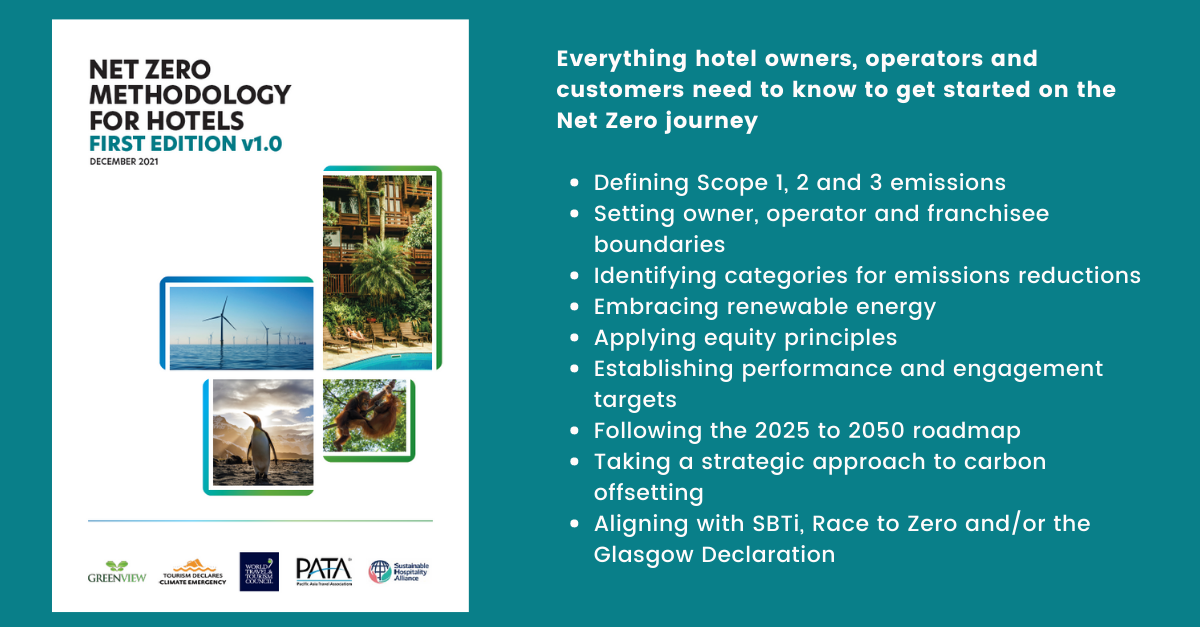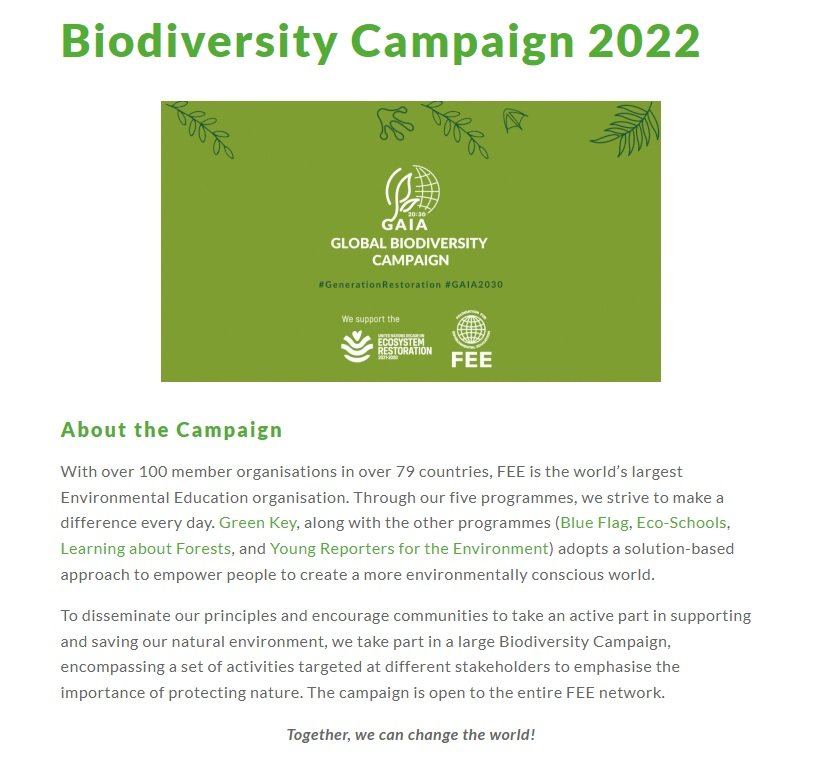In 2015, the UN member states adopted the 17 Sustainable Development Goals to guide governments, the private sector and civil society in transforming our world into safer, fairer and more livable place.
On this page, you will learn more about Goal 14: "Conserve and sustainably use the oceans, seas and marine resources for sustainable development".
What is Goal 14 about?
According to the UN "Oceans, along with coastal and marine resources, play an essential role in human well-being and social and economic development worldwide. They are particularly crucial for people living in coastal communities, who represented 37 per cent of the global population in 2010. Oceans provide livelihoods and tourism benefits, as well as subsistence and income. They also help regulate the global ecosystem by absorbing heat and carbon dioxide from the atmosphere and protecting coastal areas from flooding and erosion". In the link above, you can read about the targets and indicators to Goal 14.
Coastal areas receive the highest percentage of tourists. If not managed sustainably, the tourism industry can have detrimental effects on marine ecosystems. If this is the case, then the hospitality industry is putting its own business at risk, as clean beaches, thriving marine ecosystems like coral reefs or mangrove forests, as well as healthy populations of marine wildlife are often the very reasons why tourists choose one destination over the other, and they end up being the most at risk when harmful environmental pollution comes into play.
Tourism establishments can and should play an active role in the protection of the marine environment: if they ensure proper waste and wastewater management, reduce the use of toxic chemicals that could potentially enter the water cycle, and refrain from purchasing endangered seafood, their impacts on the environment will be drastically mitigated.
How does Green Key help to achieve goal 14?
Green Key 2022-2025 criteria are built in close connection with the organisation’s GAIA 20:30 strategy, whereby biodiversity conservation and environmental pollution prevention are two of the main pillars of FEE’s plan for the coming years. SDG 14 is particularly relevant in Green Key’s actions as it addresses key components of the hospitality industry, such as the resilience of marine ecosystems (SDG target 14.2), the need to reduce land-derived marine pollution (SDG target 14.1) and to support regulation against unsustainable over-fishing practices (SDG target 14.4), for example by providing small scale fishers more equitable access to markets and resources (SDG target 14.c).
It is also worth mentioning that Green Key partners up with the Blue Flag programme, also part of the FEE network, in the collective effort to make the tourism industry more sustainable. The Blue Flag programme certifies beaches, marinas, and tourism boats according to a variety of sustainability criteria, so that negative impacts on the environment are reduced, and that education about the role of coastal areas and of the oceans as ecosystems is improved.
Here are some of the ways Green Key contributes to the achievement of SDG 14:
WATER POLLUTION PREVENTION - High concentrations of nutrients and other pollutants in the water can cause oxygen depletion and fish die-offs in water ecosystems. In Green Key certified establishments, all wastewaters must be treated in accordance with national and local regulations (criterion 4.8), so that the effluent meets the standards for the concentration of such pollutants. The establishment can either be connected to an existing public sewage system or have the wastewater treated in an on-site treatment plant (4.15) and reuse treated effluent for suitable purposes. Furthermore, to prevent excesses of chemicals from entering the water cycle, the use of hazardous compounds in cleaning and gardening products must be minimised (criteria category 5 and criterion 10.1);
RESPONSIBLE SOURCING OF SEAFOOD PRODUCTS – Establishments are highly encouraged to plan their sourcing of food and beverages to avoid negative impacts on marine and aquatic ecosystems. Local, organic, and fair-trade food products should be preferred, e.g. fish and seafood coming from small local fishers (criteria 8.1, 8.10). Products deriving from protected or endangered species must neither be served, sold nor displayed within the establishments’ premises (8.2, 11.3). Green Key also encourages establishments to inform guests about whether food served in the restaurant is organic, fair-trade, eco-labeled or locally produced, so that customers can make well-informed decisions about their meals;
SOLID WASTE MANAGEMENT – Due to poor waste management and unclosed resource cycles too many tons of plastic and other solid waste end up polluting the oceans every year,. Ocean currents and marine winds move marine litter around the globe, harming not only the local ecosystems but also affecting destinations far away from the pollution source. Aside from the ecological impact marine litter has, it also affects the aesthetic attractiveness of a destination. Clean beaches and safe bathing waters are preconditions for flourishing coastal tourism. Tourism establishments should therefore have a specific interest in reducing the amount of waste they produce and in contributing to a clean destination. To support that, Green Key certified establishments must have waste plans and management systems in place to ensure effective collection, storage, and disposal of residues from their daily operations (category 6 of the criteria).
A document describing Green Key’s overall contribution to all 17 Sustainable Development Goals can be downloaded here.













